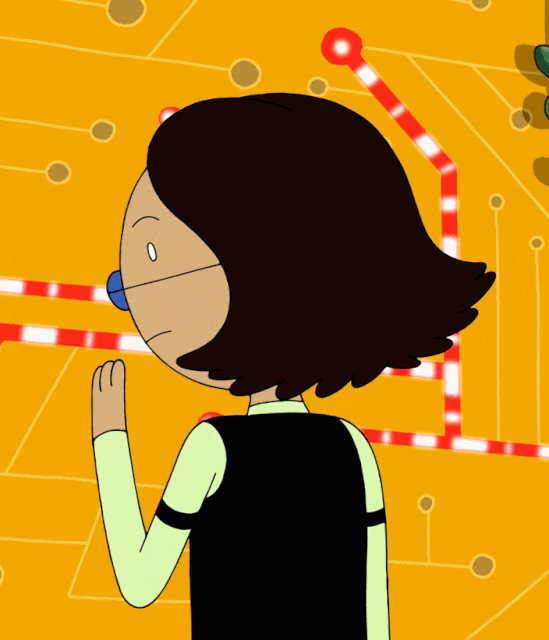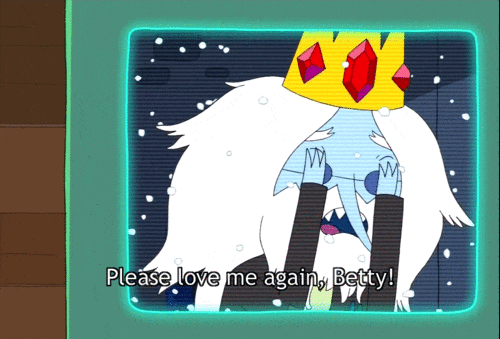“These girls are just like boys”, proudly remarked one of my teachers to another when my friend and I stood in the Computer lab showing them a video we had filmed. We were in the seventh grade and drenched in sweat, having run around school to get the perfect shots on our Handycam. Our uniforms were grubby and our hair was tied back messily. I remember feeling so happy and proud of myself. I was finally just like a boy. I was finally enough. I had worked hard enough and had become confident enough to free myself from the realm of girlhood. I had found the ultimate life-hack to escaping misogyny – just be “boyish”, whatever that means. This didn’t last long.
A few years of casually indulging in “boyish” behavior entailed a lot of vilification and demonization for it. It is funny because this “boyish” behavior entailed talking confidently, taking up challenges, and talking about my future without mentioning marriage. None of these things have to be boyish but were considered that anyway.
In the tenth grade, I wanted to wear jeans instead of a dress for our end-of-the-year dance. At this point, I had unlearned the idea that boyish behavior was stronger or cooler and had unlearned that femininity was weak. I just did not associate pants with masculinity. I was told that I can’t wear pants because I would appear boyish and it would be unpleasant and uncomfortable for those around me.
Besides the fact that the two incidents are riddled with ridiculous gender stereotypes, they taught me a complex, confusing lesson about how there is no way I can win. If I exhibit “feminine” traits, I am considered weak so it is better to exhibit “masculine” traits. However, “masculine” traits make me a social delinquent who is going against nature and causing discomfort.
Achebe’s depiction of masculinity in Things Fall Apart reminded me of these incidents in my life. I believe that Okonkwo was full of toxic masculinity and saw any traits in men that weren’t aggressive as weak and feminine. Men who were not able to bear the sight of blood were seen to be weak (p. 6). The metric for measuring that a man has not failed is that he has a large barn and three wives. The fact that Okonkwo’s wives, especially the youngest, were terrified of him was a way through which he escaped being seen as fragile and weak (p. 13). The gendered coding in the book was to the extent where yams were considered a man’s crop. Okonkwo called a man who contradicted him a woman (p. 26). Okonkwo considered showing affection to be a sign of weakness (p. 28). Okonkwo was happy to see his son grumble about women because a man unable to control his woman wasn’t a man after all (p. 53).
All of this made me realize that for men, gender stereotypes can be circumvented and benefited through toxic masculinity, and men are able to exert hegemony by indulging in toxic behavior. Of course, this harms the men as depicted in Achebe’s novel, it does not take away from the fact that it benefits them in a way that it enables them to have control over people and opportunities. However, for women, there exists a double bind where confident and assertive women are seen as strong but are disliked because they seem to go against the natural nurturing and soft traits associated with femininity. Even when it comes to benefitting from harmful stereotypes, women have it unfairly difficult as compared to men.








